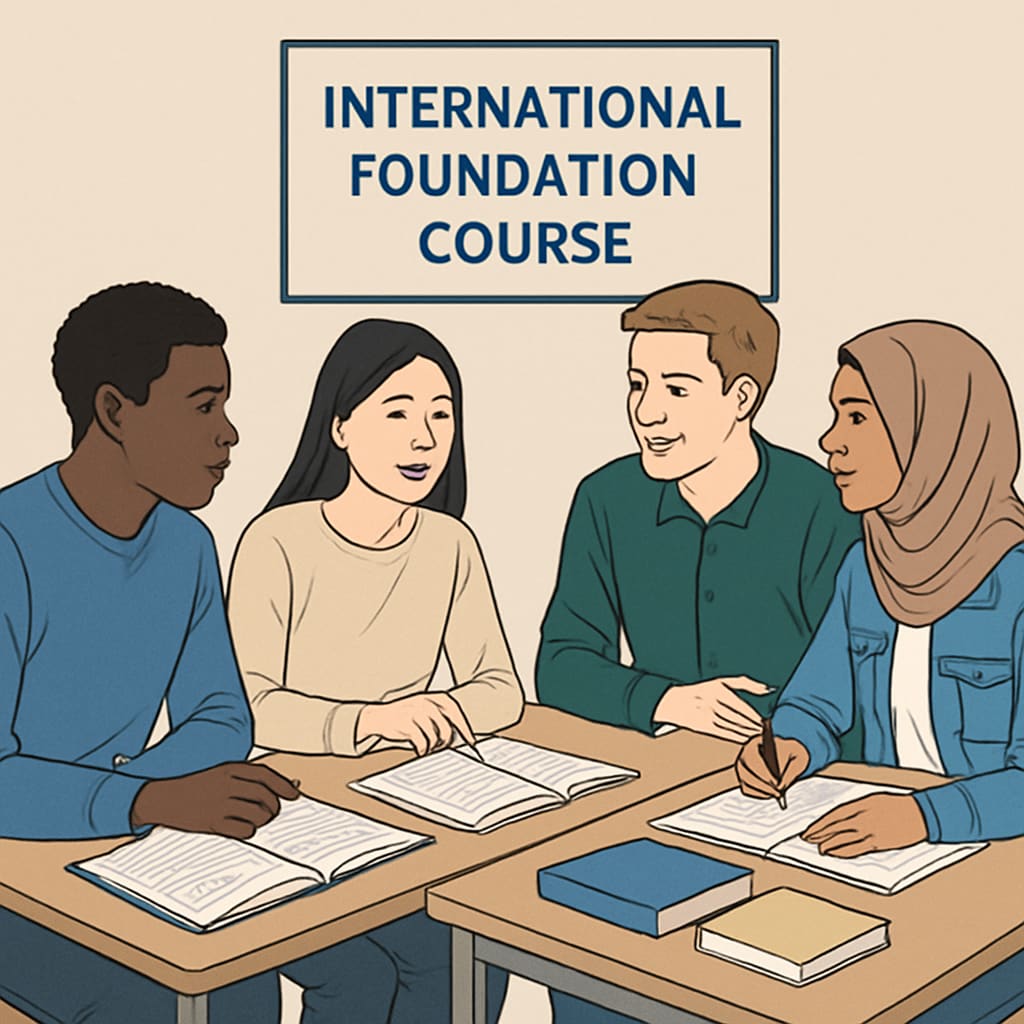A Level exams often play a crucial role in shaping a student’s educational trajectory. When setbacks occur, it can feel like standing at a daunting crossroads. However, setbacks don’t mean the end of your academic journey. Whether it’s retaking A Levels, enrolling in lower-ranked universities in your home country, or exploring international foundation courses, there are alternative pathways to higher education tailored to your goals and circumstances.
Option 1: Retaking A Levels
Retaking your A Level exams might feel like a step backward, but it can be a pragmatic choice for students who are determined to improve their grades and reach their dream universities. This path allows students to refine their study strategies, receive more personalized academic support, and focus on areas where they struggled previously.
However, retaking A Levels requires time, financial investment, and resilience. Students need to weigh their long-term goals against the immediate challenges of spending an additional year preparing for exams. For those confident in their ability to achieve better results, this option can open doors to prestigious institutions and specialized programs.

Option 2: Enrolling in Lower-Ranked Universities
If retaking exams isn’t feasible, attending a lower-ranked university in your home country can still provide valuable opportunities. Many of these institutions offer quality education, practical experiences, and strong industry connections. Students can focus on excelling academically during their undergraduate years and use their performance as leverage to transfer to higher-ranked universities or pursue competitive postgraduate programs.
While this option may not initially align with a student’s ideal plan, it can serve as a stepping stone toward future achievements. It is essential to research universities thoroughly, ensuring they have strong programs in your field of interest and adequate student support systems.
Option 3: International Foundation Courses
International foundation courses are an increasingly popular alternative for students facing A Level setbacks. These programs are designed to bridge academic gaps and prepare students for university-level education abroad. Foundation courses typically focus on subject-specific knowledge, language proficiency, and cultural adaptation, making them ideal for students seeking opportunities in global institutions.
One significant advantage of international foundation courses is their flexibility. Students can tailor their studies to meet the entry requirements of specific universities and programs. Additionally, completing these courses can provide access to institutions that might otherwise be out of reach due to strict A Level grade requirements.
However, pursuing foundation courses abroad requires financial planning and adaptability to a new cultural environment. Students should consider their career aspirations, preferred study destinations, and available resources before committing to this pathway.

Making the Decision: Key Factors to Consider
Choosing the right path after A Level setbacks involves careful consideration of several factors:
- Personal Goals: Reflect on your long-term ambitions and the type of education that aligns with your career objectives.
- Financial Resources: Assess the costs associated with each option, including tuition, living expenses, and other fees.
- Support Systems: Consider the availability of academic and emotional support in your chosen pathway.
- Time Commitment: Determine how much time you are willing to invest in achieving your desired outcome.
Ultimately, the best choice will depend on your individual circumstances. Consulting with academic advisors, family members, and mentors can provide valuable insights to guide your decision-making process.
Conclusion: Turning Setbacks into Opportunities
Setbacks in A Level exams are not the end of your education journey; they are merely a detour. Whether you choose to retake exams, attend a lower-ranked university, or pursue international foundation courses, each path offers unique opportunities for growth and success. By evaluating your priorities and resources, you can transform challenges into stepping stones toward your academic and career goals.
Remember: Your determination and adaptability are key to overcoming obstacles and achieving your aspirations in higher education.


